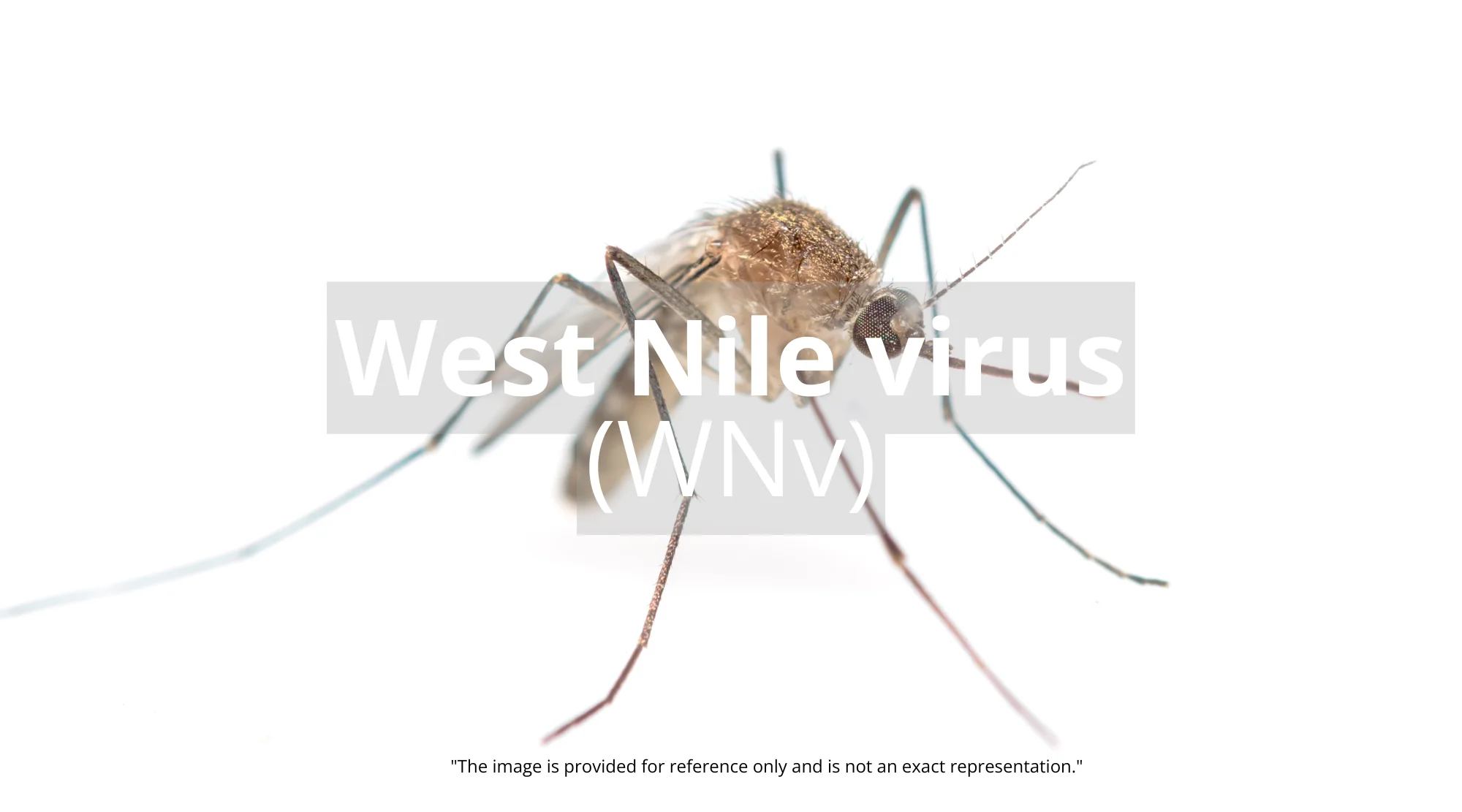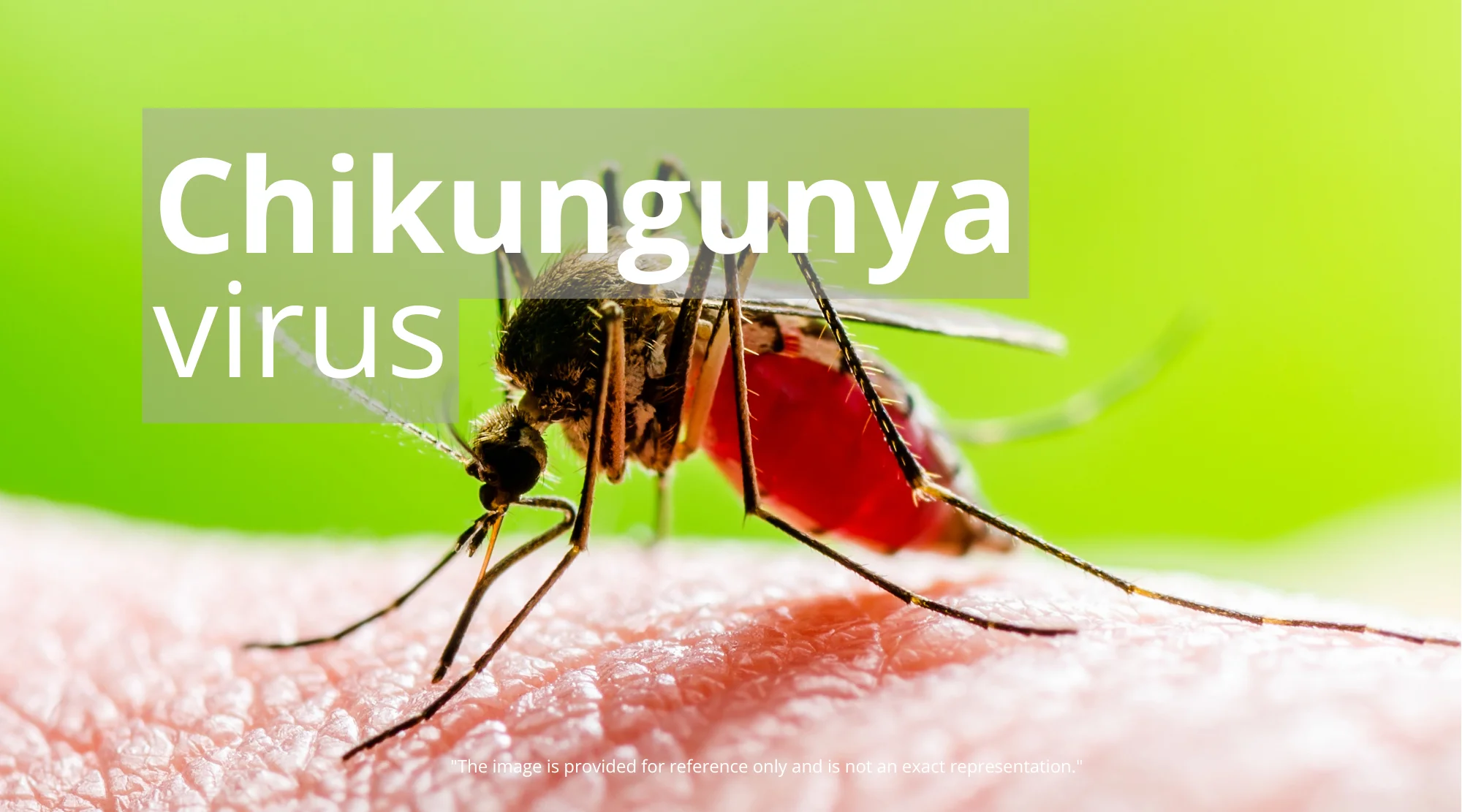Hold on to your hats, folks! Public health officials are urging continued vigilance against mosquito bites, especially as the first human case of West Nile virus (WNV) has been confirmed in Simcoe Muskoka. While the summer may be winding down, the threat posed by these buzzing vectors remains a concern. This article delves into the risks, the importance of prevention, and how you can protect yourself. Let’s explore how to keep yourself safe and healthy.

West Nile Virus: Understanding the Threat
West Nile virus is transmitted to humans through the bite of an infected mosquito. The virus cycles between birds and mosquitoes, and humans can become infected if bitten by a carrier mosquito. Although most individuals infected with WNV experience mild symptoms, or none at all, the virus can cause severe illness in some, including neurological complications. Understanding the risks associated with WNV is the first step toward effective prevention.
Mosquito Season: When Are Mosquitoes Most Active?
The risk of contracting WNV is often highest in late summer and early fall. Mosquito activity varies depending on the geographic location and the seasonal weather, but it’s important to be aware of peak periods. Mosquitoes are typically most active during dusk and dawn. Protecting yourself during these prime feeding times is crucial.
Protect Yourself: The Simple Steps to Prevention
Preventing mosquito bites is the most effective way to avoid WNV infection. Here are some straightforward, actionable steps you can take:
- Use Insect Repellent: Choose an EPA-registered insect repellent containing DEET, picaridin, or other approved ingredients and always follow the manufacturer’s instructions.
- Wear Protective Clothing: When outdoors, especially during peak mosquito activity, wear light-colored clothing, including long sleeves, long pants, socks, and a hat.
- Limit Outdoor Exposure: Whenever possible, stay indoors during dusk and dawn.
- Eliminate Breeding Sites: Reduce mosquito breeding grounds by removing standing water from your property. Regularly empty containers that can hold water, such as flower pots, birdbaths, and old tires.
These measures will dramatically reduce your chances of being bitten by a mosquito.
Identifying West Nile Virus Symptoms
While many infected individuals experience no symptoms, others may develop mild, flu-like symptoms such as fever, headache, and body aches. However, some people develop severe illness, known as West Nile neuroinvasive disease. This can include the following:
- High fever
- Severe headache
- Stiff neck
- Confusion
- Muscle weakness
- Sudden sensitivity to light
If you experience these symptoms, it’s vital to seek medical attention immediately. Early diagnosis and treatment can improve outcomes.
The Role of Your Property in Mosquito Control
Your property plays a vital role in controlling mosquito populations. Taking proactive steps around your home can significantly reduce the number of mosquitoes in your vicinity. Ensure that you remove any sources of standing water, even small amounts. This includes emptying and scrubbing containers like flower pots, pet water bowls, and birdbaths at least once a week. Another method you can use is to contact the local health authorities, which sometimes offer mosquito control programs.
Beyond Prevention: Additional Tips for a Healthier You
While mosquito bite prevention is paramount, maintaining your overall health is equally important. A strong immune system can help your body fight off infections. Consider focusing on these healthy habits:
- Balanced Diet: Eating a balanced diet rich in fruits, vegetables, and whole grains supports overall health. You can learn more about meal planning here: Healthy Eating: Your Ultimate Weekly Meal Plan for a Balanced Life
- Regular Exercise: Staying active strengthens your immune system. Read more about the benefits of exercise: 40 Minutes of Exercise: The Secret to Boosting Brain Health & Memory (Backed by Science)
- Adequate Sleep: Prioritize getting enough sleep to support your body’s repair processes.
These lifestyle choices can improve your ability to fight off infections, including WNV.
The Importance of Staying Informed
Keeping up-to-date with the latest public health advisories is crucial. Stay informed about any outbreaks or health concerns in your area by following the guidance from the Simcoe Muskoka District Health Unit or your local health authority. You can find detailed information, including updates on WNV activity, on their official websites.
Seeking Medical Advice: When to Consult a Doctor
If you suspect you might have WNV, especially if you experience any neurological symptoms, it’s essential to consult a healthcare professional immediately. Don’t hesitate to seek medical advice if you are experiencing symptoms of WNV or any other illness. Early diagnosis and treatment are often critical for the best possible outcome.
Resources for Further Information
For more comprehensive information on West Nile virus and mosquito bite prevention, visit reputable sources such as the Centers for Disease Control and Prevention (CDC) (https://www.cdc.gov/). Also, consult the website of your local health authority. Stay informed, take precautions, and prioritize your health!
Concluding Thoughts
As we navigate the tail end of mosquito season, remembering the importance of prevention is key to safeguarding your health. By taking simple, consistent actions, such as using repellent, wearing protective clothing, and eliminating breeding sites, you can significantly reduce your risk of contracting West Nile virus. Stay vigilant, stay informed, and enjoy the outdoors responsibly. Remember that, even in the face of health threats, a proactive approach makes all the dif














Post Comment